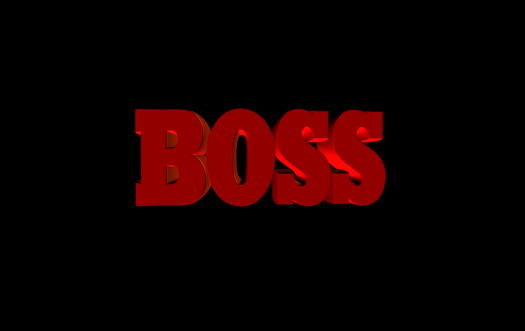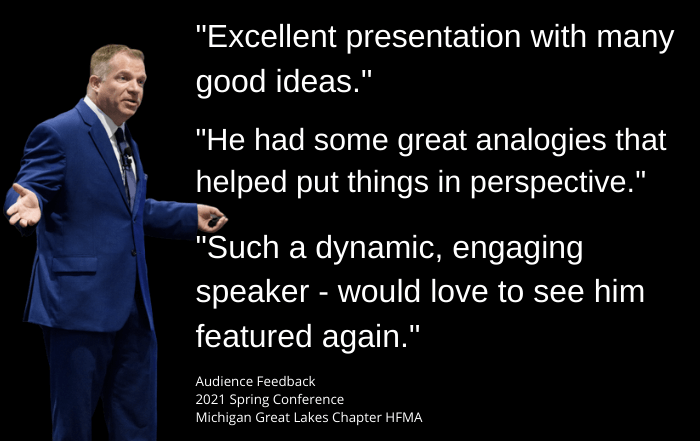 Have you ever wondered about the biggest boss complaint? What is the area where leaders fall short?
Have you ever wondered about the biggest boss complaint? What is the area where leaders fall short?
I believe most bosses have good intentions and are hard-working. But stress and other challenges can sometimes bring out less desirable behavior. And some leaders are just bad at what they do and perhaps they’ve been promoted into positions that exceed their qualifications.
Recently, I surveyed my LinkedIn connections on their biggest boss complaint. Let’s go through the results, which will perhaps encourage some to change their management style.
Micromanagement Is the Top Big Boss Complaint: 55%
There’s supervision and then there’s micromanagement. Micromanagers oversee their employees to obsessive and unhealthy levels.
This can frustrate employees and kill innovation because people feel like they can’t make a decision without the blessing of the boss. It’s hard to perform with someone constantly looking over your shoulder, especially if you’re not really making any mistakes.
In many cases, micromanagement can be overcome with good training, communication, and trusting your team. Things may not always go perfectly but being a micromanager can become exhausting because you have to do everyone’s jobs.
Poor Communication: 33%
This boss complaint is closely related to micromanagement. In some cases, the leader hoards information, as a means of control. For instance, people are told to do things but they’re never told why they need to do it a certain way.
Sometimes important information is delayed. An example of this could be a slow walked approval of employee vacations.
Also, there are instances where instructions are not clearly spelled out to people. Worse yet, they change without employees knowing about the switch. They feel like they’re contestants in a rigged game show.
Taking Credit From Others: 7%
Even if your workplace is about a team structure, credit needs to go to those who produce successful outcomes.
Sometimes the boss takes credit for the success with no mention of those who were behind it.
While a good leader should be recognized for creating a high-performing team, that doesn’t give them the right to accept all praise.
This big bad boss behavior can impact hiring and retention. Word will get out if a leader takes too much credit.
Smart leaders realize that ensuring praise for all creates a healthy work environment.
Favoritism: 5%
While this was the least popular example of bad boss behavior, most people have seen a leader treat some better than others.
In any kind of group, treating everyone equally may not be possible. But do employees feel the deck is stacked against them?
For instance, imagine several qualified employees want to apply for an open position. Included in that group is a buddy of the boss.
Without any interviews, that person gets the job. While they were qualified, so were the other candidates. They’re upset they never had a chance to compete for the position. For the boss, the choice may have been obvious but the perception is negative.
Favoritism is also seen in situations where some people are allowed to arrive late, while others get in trouble for the same thing.
Final Thought
As a leader, it’s important to monitor your performance for these big boss complaints. During busy hectic times, you can drift into them. When that happens, smart leaders adjust to get back on course.






